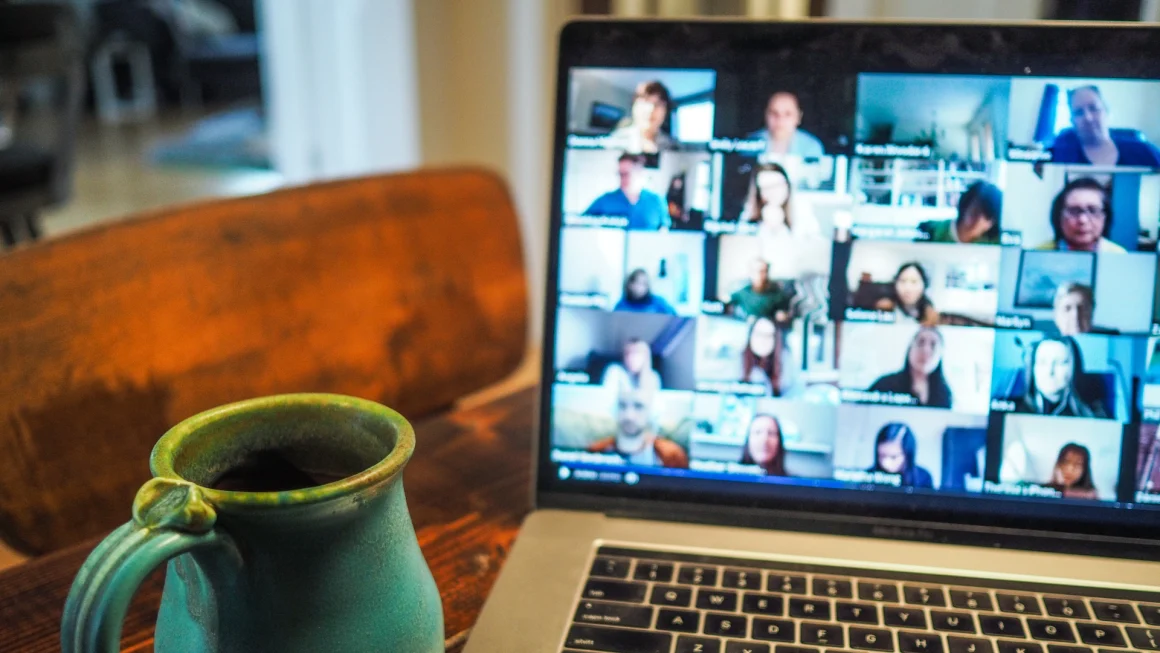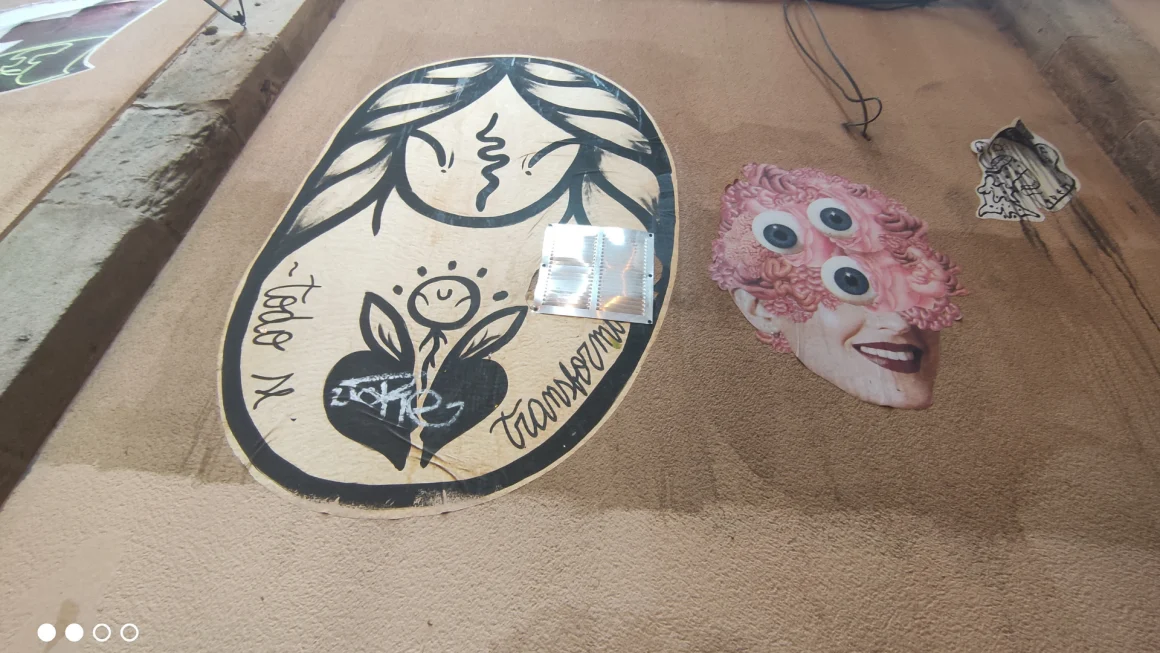Nowadays experts discuss regularly about talent and how important it is to recruit, “retain” and contribute to the development of talent in companies.
A story by Daniela Freund
The “war for talent”, a phenomenon that began in the US in the late 90s, is here to stay. The shortage of talent is a globalized challenge that affects all countries and that in 2018 reached the highest peak of the last 12 years — 45% — according to ManPower Group.
But what does talent actually mean? David Ulrich, pioneer academic of the subject, defines it as the result of professional competence, multiplied by commitment and contribution to the company. Companies should commit their employees which does not mean “retain them”. Talent cannot and should not be retained. We dare not try and even less so if we aspire to persuade the Millennial or Z generations to join our projects. We can, at best, aspire to commit talent.
Tourism is a people’s sector and people are diverse. An inclusive business culture that fosters diversity values will strengthen this commitment. Inclusive values, promoted by corporate culture, that enhance equal opportunities and do not discriminate based on gender, culture, age, religion, special needs, etc. Companies with a diverse and inclusive DNA are not only more sustainable but they are more attractive and profitable. Study after study show that diversity increases the creativity of teams and the profitability of companies. A report recently published by McKinsey (2018) on diversity shows that more diverse companies have a greater capacity to attract the best talent, improve their customer orientation and employee satisfaction and enhance decision making. While social justice and legal compliance are often the initial trigger, many successful companies consider diversity as a source of competitive advantage, and specifically as a key growth facilitator.

However, it is important to note that managing diversity is not easy and makes us feel uncomfortable. MIT Sloan Management Review, in an article published in 2018, showed that diverse teams outperformed homogenous teams in terms of performance. Homogenous teams felt great during the process and yet they lost, while diverse teams felt miserable during the process until they finished and met their target. Therefore, we must learn to feel comfortable in the discomfort and embrace diversity because the end result will always be better, even if the path is rough.

There are SMEs in the tourism sector that are implementing diversity policies. Good practices to observe and in which it will be interesting to measure future results: Kuoni Destination Management (gender), Soho House Barcelona with its Hub Impact and Gender Pay Gap project (intergenerational and gender) or the Hotel Barcelona Princess (inclusion). The case of the latter is especially remarkable given that the commitment to diversity has transcended its doors, giving rise to the creation of the non-profit association Barcelona Forum District, formed by 38 partners, companies and entities, which offer job opportunities to people in vulnerable economic and social situation.
Diversity and equality should not be priorities for companies; they must be the values that guide them. Priorities change, values remain. At the end of the day it is about respecting individual strengths and creating a space for collaboration and empathy. This leads to a culture of belonging and inspires talent to be the best version of themselves. And by being its best version, they commit to the company. Let us leave behind the war for talent and build the foundations for talent to find peace in our companies.
This is a story of the Futurist Club
By Science of the Time
Written by: Daniela Freund
Passionate about tourism, hospitality, education & women leadership. I contribute towards a more responsible and equal world through women networks, articles and as speaker in conferences and media. Mentor & advisor of tourism and education related start-ups.

In 1988 I left my beloved Buenos Aires following my dream to get into the hospitality business. 8 years later I had added experience as professional in hotel companies in Switzerland and Germany.
Since 1996 in lovely Barcelona, the first six years managing my own consultancy and since 2002 fully involved with the school of Tourism and hospitality Management Sant Ignasi (URL) as a researcher, lecturer and holding varied leadership positions at the University (Associate Dean for Corporate and International Relations, Undergraduate Studies Director, University Masters Director).
Academic Studies include a Master in Marketing (UAB), Graduate in Tourism and Hospitality Management (HTSI-URL), Diploma in Hotel Management (Les Roches, Switzerland) and PDP Diplomas in Cornell University, USA. Currently I am working on my PhD in Educational Sciences related to making future leaders more conscious about diversity and hotels more accessible to families travelling with a child on ADS.





